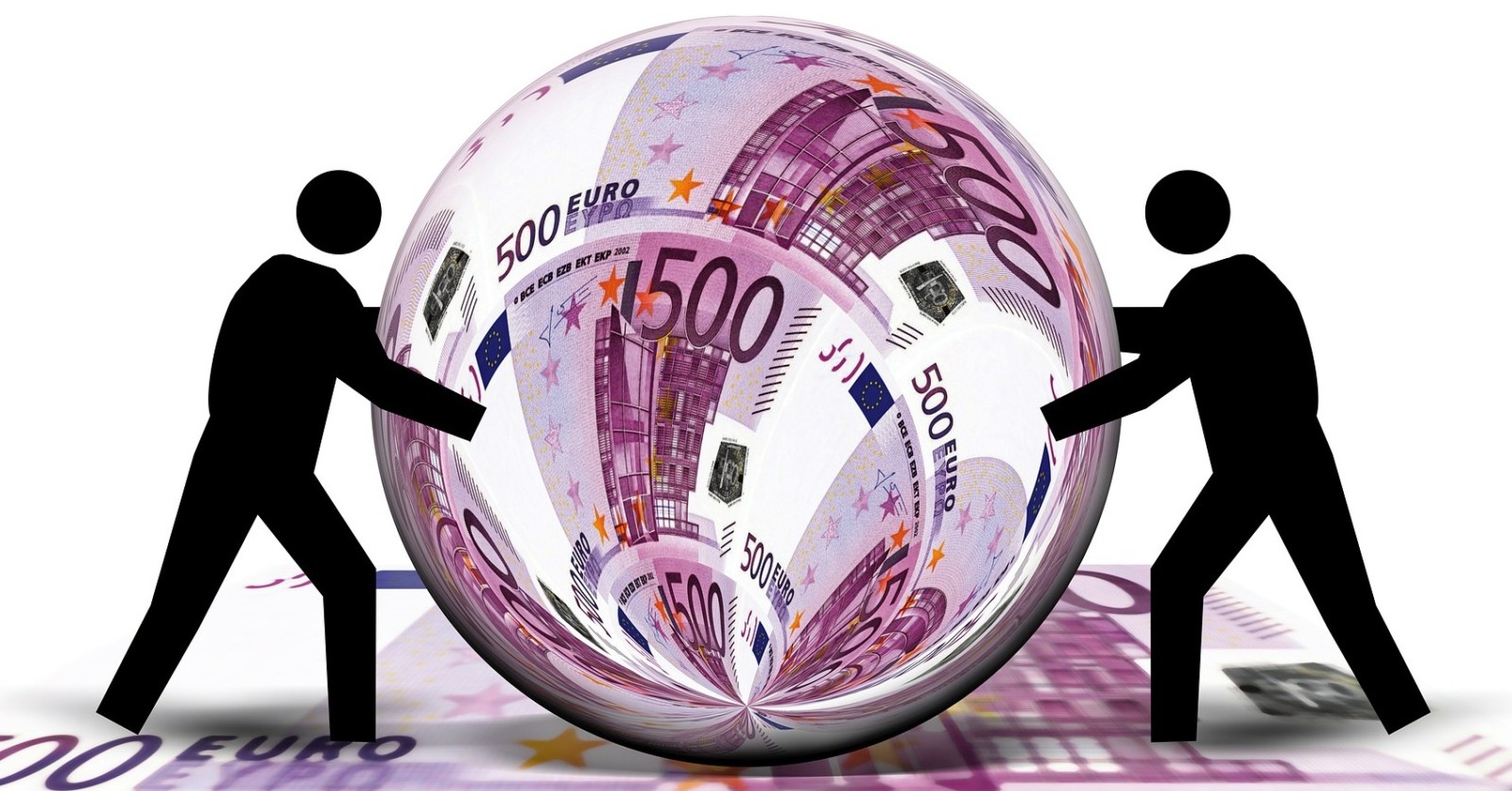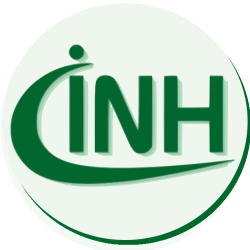
Prof. Tina Salomon’s detailed article on the “homeopathic 20-million peanuts”, which we recently published under the heading “Points of View”, met with great interest – and the desire to provide a “short version” of it.
We would like to thank Prof. Salomon for the effort she has put into a “TL:DR”. We publish it here as a separate article:
Too long, didn’t read
Since one could not quite wrongly accuse the contribution “So okay, Minister Spahn? – No way!” of coming across as a deterrent wall of text, here are the most important statements once again, in a different order, but with the same result:
A health service that is not effective cannot be cost-effective – which means that the reimbursement of homeopathy violates the economic principle of the SHI.
The most scientific sentence of all time is probably Ben Goldacre’s “I think you will find it’s a bit more complicated than that” because scientific statements are rarely unambiguous, but always only small steps towards gaining knowledge. This is exactly what distinguishes them from the promises of salvation in alternative medicine. But also in science, there are cases where some steps towards gaining knowledge have already been taken, so that today there are scientific statements that we can put an exclamation mark on them. “Gravity!” and “And yet it turns!” fall into this category. “Homeopathy does not work beyond the placebo effect” is pretty darn close. And “There is no free lunch!” ((explanation here). This describes – in economics as the theory of scarcity – the inevitability of scarcity and thus the necessity of economic thinking and action. Even in those areas in which we would rather believe in free lunch, such as health care.
The existence of scarcity is undisputed among the actors in the health care system; conflicts arise only over the question of how to deal with this scarcity. Jens Spahn’s “only 20 million” argument tempts us to see the health care system as a land of milk and honey where there is no shortage and therefore no better ways of using these funds so that no harm is done by tying up “only 20 million” for a proven ineffective method. However, the “land of milk and honey in health care” is an illusion, which is only due to the current prosperity and the need principle in the SHI system. We are confronted with shortages in the health care system in all corners and ends: In the lack of time for discussion and attention, in the refusal to reimburse for measures with no or only uncertain proof of effectiveness, in the restriction of reimbursement to services with a probable health gain and in the exclusion from reimbursement of measures that only lead to gains in quality of life.
With “only 20 million euros” Jens Spahn denies the basic fact of scarcity in the health care system and disregards the need for an operationalisable, consensus-based and scientifically sound demarcation criterion for the decision between “reimbursement” and “no reimbursement”. And this causes much greater damage than “only €20 million”.
On the subject of “greater damage”, we also refer to the positioning of other health scientists from more recent times. There is a lot of scientific literature on the topic of “prioritisation” and “marginal benefit” in health care systems.
Minister Spahn need only read it.

